Filter by
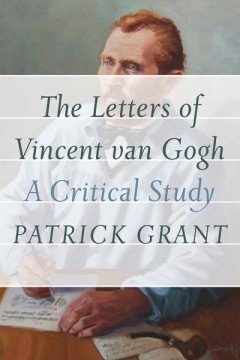
The Letters of Vincent van Gogh A Critical Study
When he died at the age of thirty-seven, Vincent van Gogh left a legacy of over two thousand artworks, for which he is now justly famous. But van Gogh was also a prodigious writer of letters—more than eight hundred of them, addressed to his parents, to friends such as Paul Gauguin, and, above all, to his brother Theo. His letters have long been admired for their exceptional literary quality, …
- Edition
- -
- ISBN/ISSN
- 9781927356746.01
- Collation
- -
- Series Title
- Cultural Dialectics
- Call Number
- 254 pages
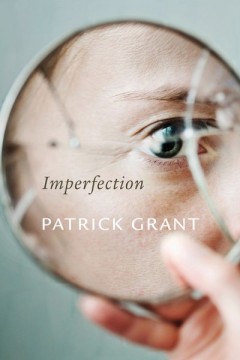
Imperfection
Known for his exploration of the relationship between Buddhism and violent ethnic conflict in modern Sri Lanka, as well as his contribution to the study of Northern Ireland and the complex relationships among religion, literature, and ethnicity, Grant provides the reader with an analysis of the widespread rise of religious extremism across the globe. Referencing Plato, Van Gogh, Jesus, and the …
- Edition
- -
- ISBN/ISSN
- 9781926836751.01
- Collation
- -
- Series Title
- Cultural Dialectics
- Call Number
- 240 pages
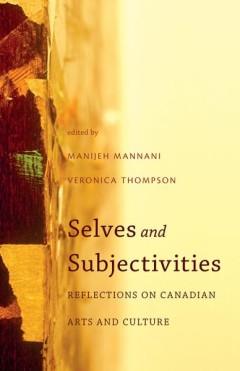
Selves and Subjectivities Reflections on Canadian Arts and Culture
Long a topic of intricate political and social debate, Canadian identity has come to be understood as fragmented, amorphous, and unstable, a multifaceted and contested space only tenuously linked to traditional concepts of the nation. As Canadians, we are endlessly defining ourselves, seeking to locate our sense of self in relation to some Other. By examining how writers and performers have con…
- Edition
- -
- ISBN/ISSN
- 9781926836492.01
- Collation
- -
- Series Title
- -
- Call Number
- 275 pages
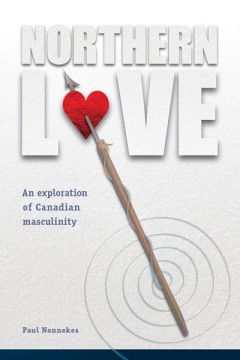
Northern Love An Exploration of Canadian Masculinity
In Northern Love, Paul Nonnekes proposes a conception of love suggestive of a distinctive model of Canadian masclinity. He pursues debates in psychoanalysis and cultural theory in relation to two representative male characters in novels by Rudy Wiebe (A Discovery of Strangers) and Robert Kroetsch (The Man from the Creek).
- Edition
- -
- ISBN/ISSN
- 9781897425220.01
- Collation
- -
- Series Title
- -
- Call Number
- 145 pages
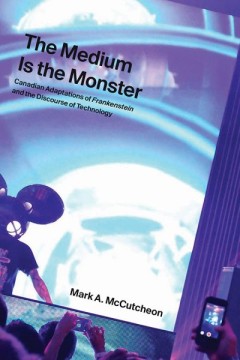
The Medium Is the Monster Canadian Adaptations of Frankenstein and the Disco…
Technology, a word that emerged historically first to denote the study of any art or technique, has come, in modernity, to describe advanced machines, industrial systems, and media. McCutcheon argues that it is Mary Shelley’s 1818 novel Frankenstein that effectively reinvented the meaning of the word for modern English. It was then Marshall McLuhan’s media theory and its adaptations in Cana…
- Edition
- -
- ISBN/ISSN
- 9781771992244.01
- Collation
- -
- Series Title
- -
- Call Number
- 6 x 9, 248 pages
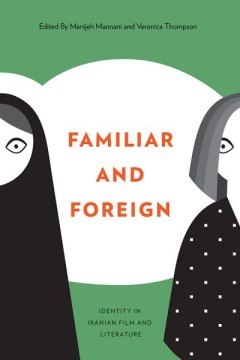
Familiar and Foreign Identity in Iranian Film and Literature
Challenging neocolonialist stereotypes, these critical excursions into Iranian literature and film reveal the limitations of collective identity as it has been configured within and outside of Iran. Through the examination of works by, among others, the iconic female poet Forugh Farrokhzad, the expatriate author Goli Taraqqi, the controversial memoirist Azar Nafisi, and the graphic novelist Mar…
- Edition
- -
- ISBN/ISSN
- 9781927356869.01
- Collation
- -
- Series Title
- -
- Call Number
- 272 pages

Of Sunken Islands and Pestilence Restoring the Voice of Edward Taylor Fletch…
Fletcher was a voracious reader of works in many languages and although he was oriented toward Britain, his writing notably reflects a gaze fixed on a horizon much further away. His work therefore stands in contrast to the tendency of later Canadian writers, who focus inward on the nation, and on issues of Canadian identity. His work as a surveyor allowed him to travel across the country, obser…
- Edition
- -
- ISBN/ISSN
- 9781771993449.01
- Collation
- -
- Series Title
- -
- Call Number
- 6x9 , 220 pages
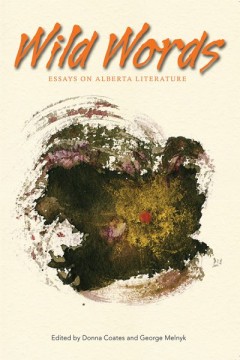
Wild Words Essays on Alberta Literature
As the first collection of literary criticism focusing on Alberta writers, Wild Words establishes a basis for identifying Alberta fiction, poetry, drama, and nonfiction as valid subjects of study in their own right. By critically situating and assessing specific Alberta authors according to genre, this volume continues the work begun with Melnyk’s Literary History of Alberta.
- Edition
- -
- ISBN/ISSN
- 9781897425305.01
- Collation
- -
- Series Title
- -
- Call Number
- 219 pages
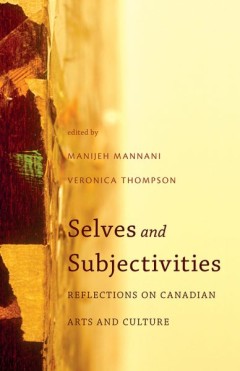
Selves and Subjectivities Reflections on Canadian Arts and Culture
As critic Diana Brydon has argued, contemporary Canadian writers are “not transcending nation but resituating it.” Drawing together themes of gender and sexuality, trauma and displacement, performativity, and linguistic diversity, Selves and Subjectivities offers an exciting new contribution to the multivocal dialogue surrounding the Canadian sense of identity.
- Edition
- -
- ISBN/ISSN
- 9781926836492.01
- Collation
- -
- Series Title
- -
- Call Number
- 275 pages
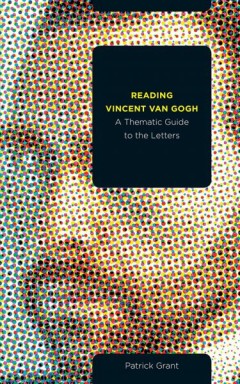
Reading Vincent van Gogh A Thematic Guide to the Letters
Reading Vincent van Gogh is at once an interpretive guide to Van Gogh’s letters and a distillation of the key themes that reoccur throughout his collected letters—foremost among them the motifs of suffering, love, imagination, and the ineffable. In this indispensable, synoptic view of the letters, Patrick Grant makes the main lines of Vincent van Gogh’s thinking accessible and displays th…
- Edition
- -
- ISBN/ISSN
- 9781771991872.01
- Collation
- -
- Series Title
- -
- Call Number
- 5 x 8, 198 pages
 Computer Science, Information & General Works
Computer Science, Information & General Works  Philosophy & Psychology
Philosophy & Psychology  Religion
Religion  Social Sciences
Social Sciences  Language
Language  Pure Science
Pure Science  Applied Sciences
Applied Sciences  Art & Recreation
Art & Recreation  Literature
Literature  History & Geography
History & Geography